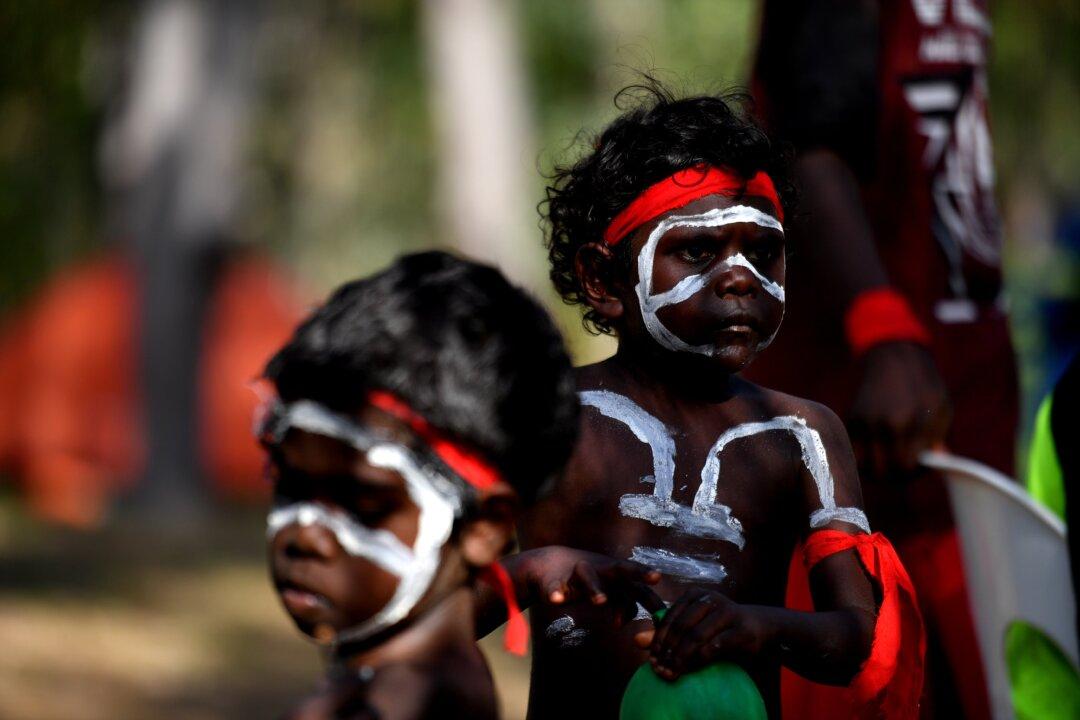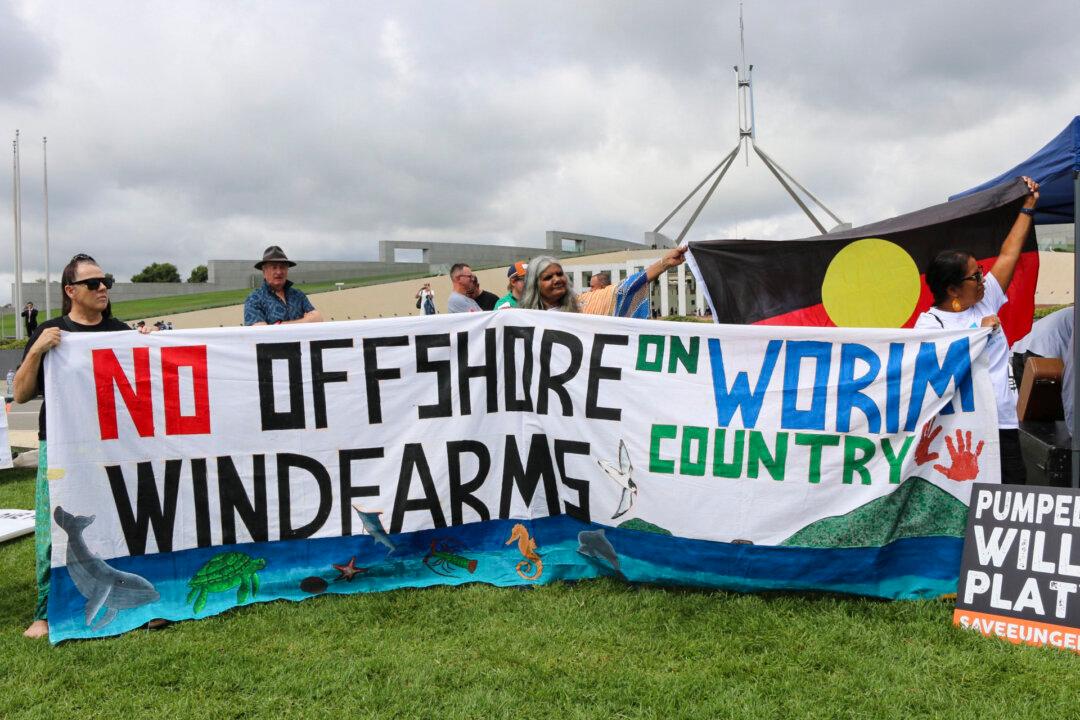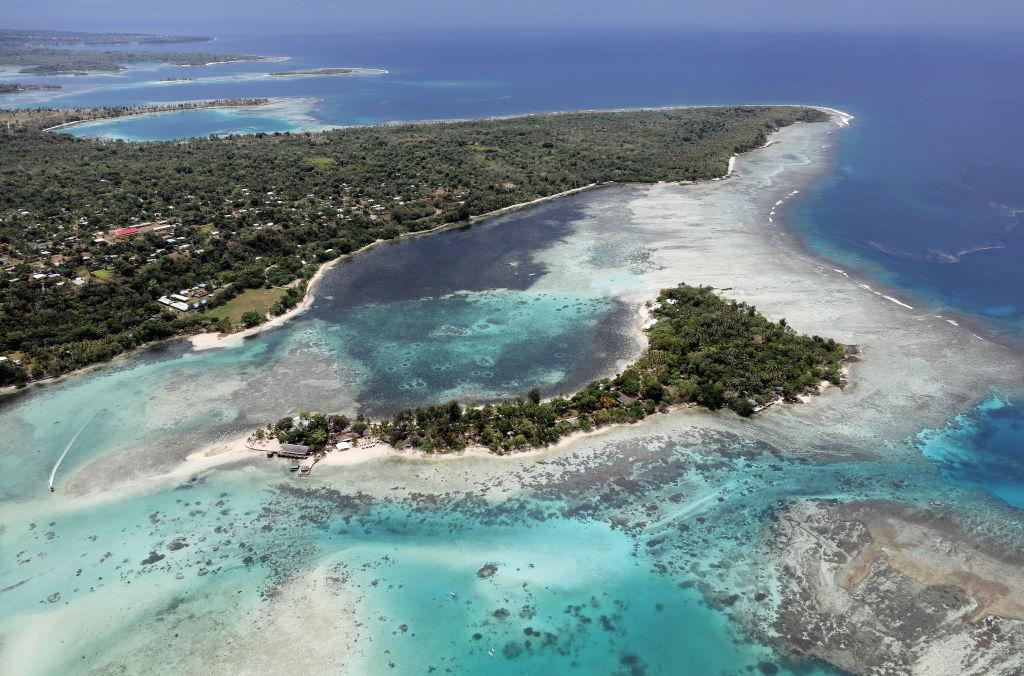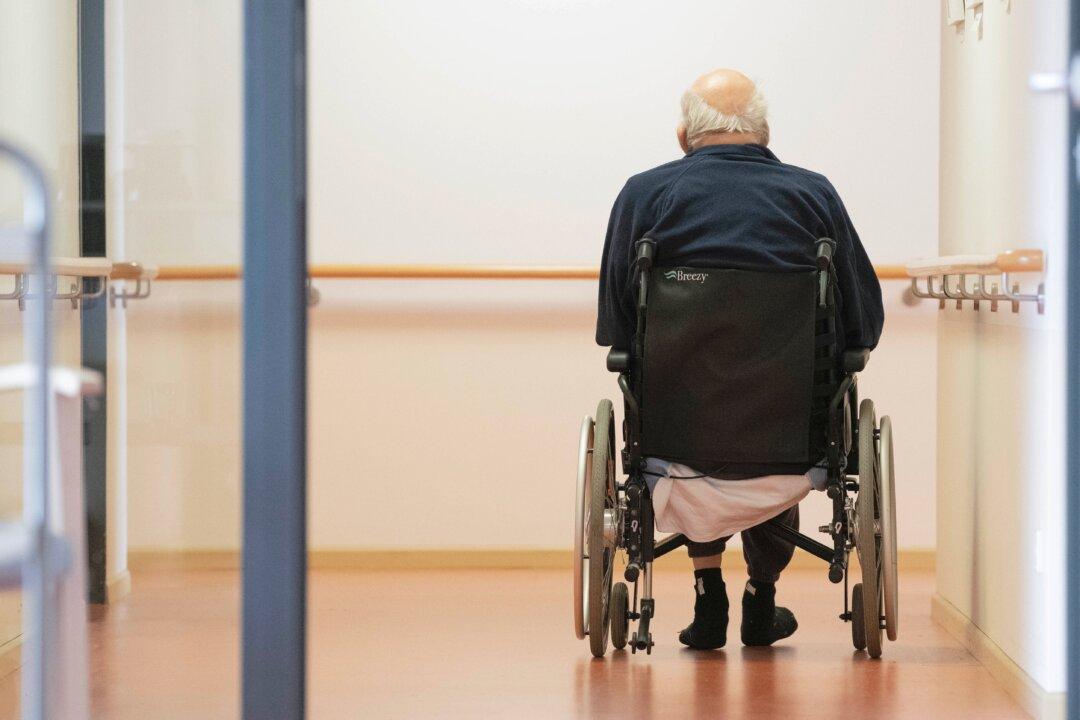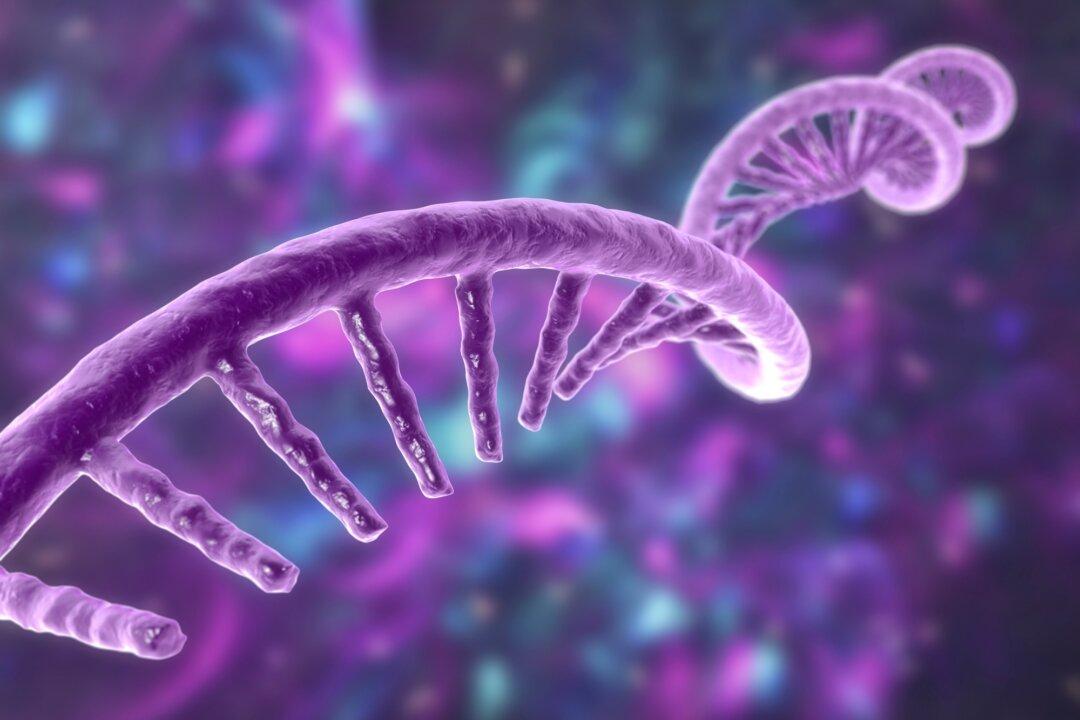The Manchester Museum has returned 174 items to an Australian Indigenous community in what is considered one of the largest restitution projects ever undertaken in the UK.
A delegation from the Anindilyakwa community of Groote Eylandt in the Northern Territory joined the museum on Sept. 6 for the formal return of the heritage items including spears and shell dolls.
